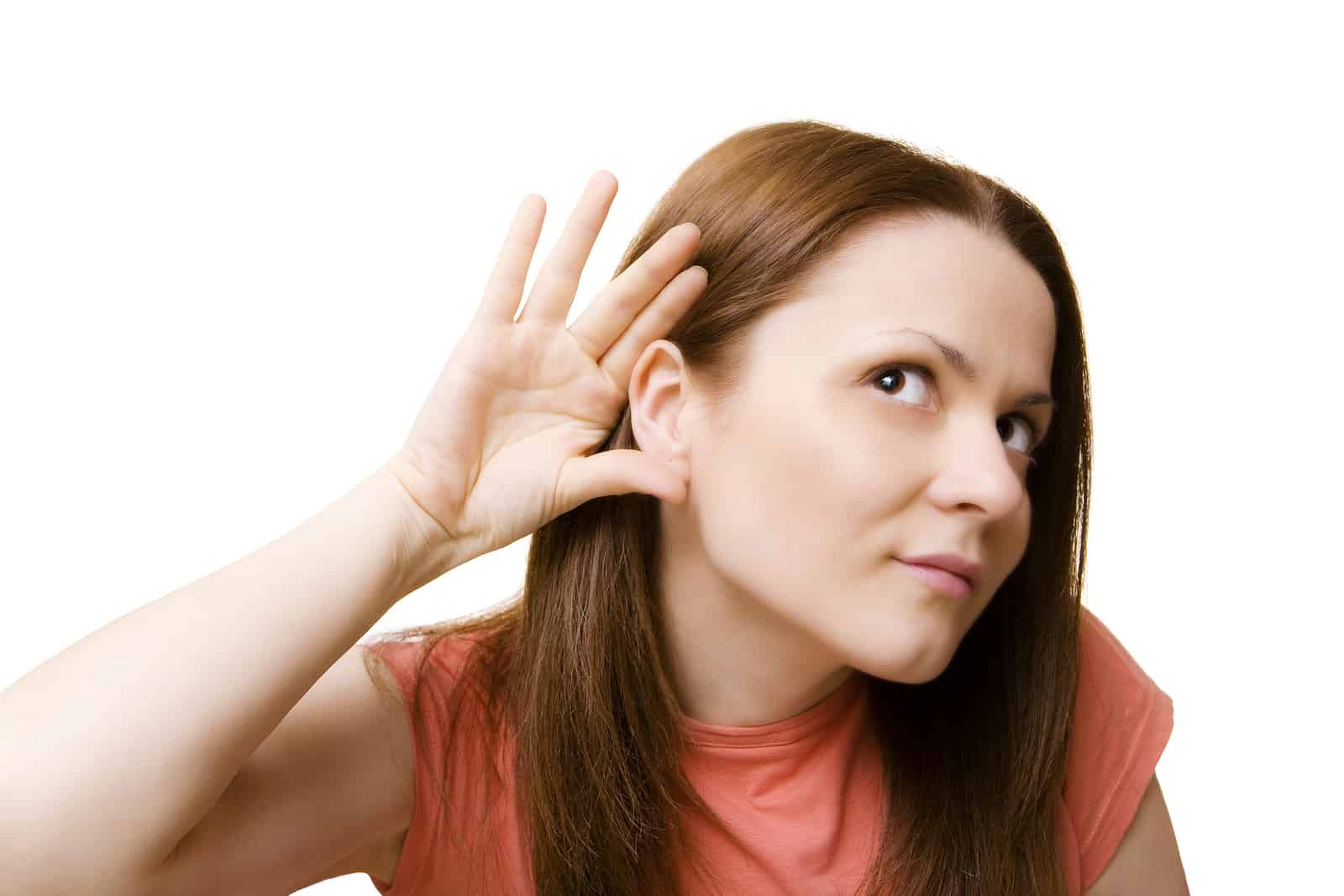
Hearing loss is one of the leading chronic health conditions in the United States. And its impact stretches far beyond the experience of the individual living with decreased hearing health. Its implications ripple out into the lives of their spouse, family and loved ones.
A breakdown of close relationships travels silently alongside hearing loss because at its heart, hearing loss is a condition that creates obstacles in communication and connection.
Why relationships are so important
As humans, we are fundamentally social creatures who thrive when healthy connection occurs in our close relationships. But even the mundane interactions we have with strangers on the street can result in a feeling of belonging to a community larger than one’s self.
Our drive for connection impacts all areas of our well being, including our physical health. A 1988 study published in Science Magazine revealed that strong social ties have a larger impact on health than obesity, smoking and high blood pressure. Healthy relationships and a sense of belonging lengthens an individual’s lifespan and results in a stronger immune system.
How hearing loss interrupts connection
Hearing loss later in life is extremely common. Around one-third of people over the age of 65 have hearing loss and fifty percent of folks over 75 years of age live with the condition. This is because aging itself leads to the degradation of the inner ear cells that are integral to the hearing process. They collect noise from your environment, turn it into sound information and then send it to the brain for processing.
As the cells of the inner ear decline, we are able to capture less of the world’s sound. We lose sound frequencies in its early stages, resulting in a decreased capacity to understand speech. Listening becomes frustrating and effortful and some people begin to avoid conversation because it is so difficult. They might not even be aware that their social behavior is changing, because hearing loss is notoriously difficult to self-diagnose.
Hearing loss and its role in close relationships
Couples, in particular, see a dramatic loss of relationship happiness when faced with hearing loss. This interruption in communication is poignant when you consider that marital intimacy is most often built upon small, daily interactions and conversations. The inside jokes and sharing even trivial matters with one another that leads to a rhythm that feels like a shared and irreplaceable language.
Hearing loss can also put an end to the quality time that is the building blocks of relationships. Hearing loss makes it difficult to enjoy your favorite recreational pastimes like television watching, lectures, live music and class or group instruction.
Negative impacts on social and emotional health related to hearing loss
Living with hearing loss feels isolating. This is in large part due to loss in communication ease, but it can be a condition that isn’t easily understood by your spouse or partner. You might feel as though no one understands how hard you have it.
In a qualitative study conducted by Action on Hearing Loss, couples in which one person had hearing loss were interviewed. These interviews made it clear that even people with what they classified as supportive partners didn’t believe that they fully understood how issues like listening fatigue and difficulty hearing in noisy situations affected their ability to hear.
Let the people you love help
One way to bridge the gap in a household with both hearing loss and healthy hearing is to talk to your partner or spouse about what it’s like to live with hearing loss. You can convey where you find frustrations and challenges. This strategy also works with close friends and family.
There are ways to more successfully communicate with those who have hearing loss, too. Let your partner and loved ones know that you need them to directly face you when speaking and that calling out from another room won’t be effective. Speaking slowly and clearly and rephrasing thoughts are ways to increase your odds of understanding.
Confront hearing loss with intervention
Perhaps the most impactful step you can take is to acknowledge that hearing loss is at play and choose to confront the issue head on. Schedule a hearing consultation with an audiologist who can determine if you would be a good candidate for hearing aids or a cochlear implant.
Most people who choose hearing aids report improved relationships as a result. Integrating solutions into your long-term plan for close relationships and a true sense of belonging are important steps towards a more vibrant life.
